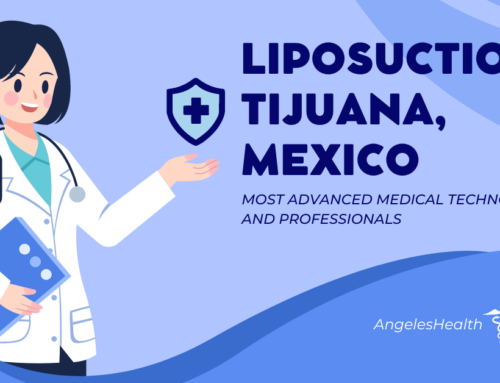A recent study published by researchers from the Washington School of Medicine and published in The Archives of General Psychiatry and reported in the New York Times shines a spotlight on the prejudice that all obese people have to do to lose weight is to eat less and move more, while alcoholism, by comparison, is a disease requiring treatment.
The study points out that in fact obesity and alcoholism are not in fact much different, positing that today’s sugar- and salt-saturated diet are actually addictive.
The study, through two surveys of 40,000 adults each, examines the neurobiological similarities between the behaviors that drive obesity and those that drive substance abuse. Although there was no link found in the first study (dated in the early 90s), the second study, undertaken more than a decade later, found that adults with a family history of alcoholism were 30 to 40 percent more likely to be obese than those with no alcoholism in the family. Women were almost 50 percent more likely to be obese if there was family alcoholism than if there wasn’t, as compared to men who were 26 percent more likely to be obese.
The report authors say that the change over time is due to our obesigenic food environment, and that it is the nature of the food we eat, and its tendency to appeal to the sorts of reward systems, which are the parts of the brain implicated in addiction. Certain foods (what FDA has termed “hyperpalatable foods) high in sugar, salt and fat and specially formulated to appeal to consumers might be cues that trigger overeating in people with the predisposition for addiction, appealing to the primitive reward centers of the brain, and reinforcing the addictive behavior. The fact that these foods are more commonly and easily available than they were in the past obviously contributes to the phenomenon.
Highly palatable foods the kind served at fast-food and chain restaurants change brain chemistry, triggering a neurological response that stimulates people to crave more food, even if they’re not hungry. People may really not be able to control their intake of rich, sweet and fatty foods when they are battling a brain that is releasing dopamine, a neurotransmitter associated with the pleasure center.
The study points out that there are other possible explanations for the increased obesity among relatives of alcoholics for example that people from families with alcoholism are more susceptible to stress or are more likely to suffer from underlying depression that leads them to drink or overeat.
The study concludes that people who eat or drink excessively may share critical characteristics like lack of impulse control and the inability to stop once they get started, and that the notion of alcoholism being a disease is an oversimplification, pointing out that “At some point, (alcoholism) is a behavior and a choice, and that some people are more vulnerable to the effect of that choice than others – a fact that may be true of overeating as well.
A recent spate diet pills has failed to receive FDA approval, which limits options for the increasing overweight Americans, making weight loss surgery, particularly noninvasive options such as gastric banding and the newer gastric plication, will become more of a frontline option rather than a last resort. Recently, the FDA acknowledged that a new study by Allergan demonstrates that obese patients having Gastric Band Surgery experienced statistically significant weight loss. An advisory committee to the FDA is currently evaluating a request to lower the BMI requirements to qualify for the gastric banding procedure.
In 2009 Hospital Angeles introduced a new restrictive surgery called gastric plication, which offers greater and faster weight loss surgery than LAP BAND, with no device, accomplishing the necessary restriction for weight loss through the use of nonbsorbable sutures that result in much lower risk of surgical complication.





